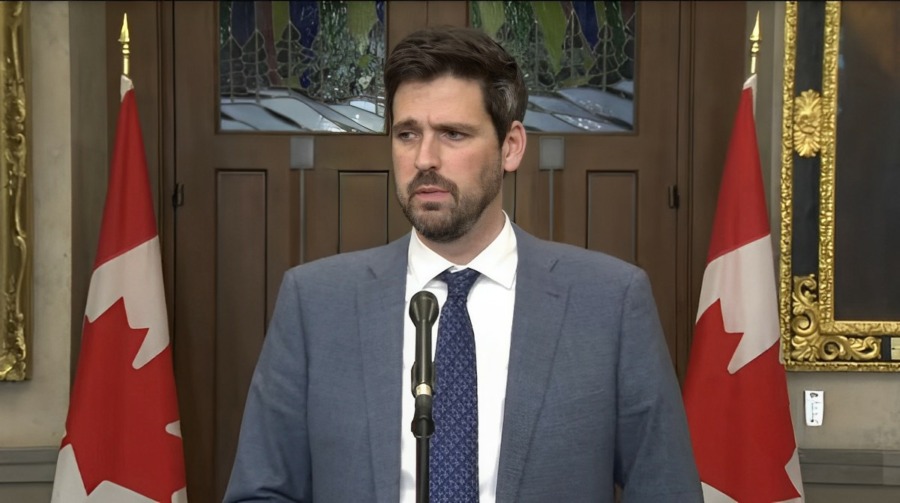Ottawa, Ontario– In recent discussions surrounding Canada’s housing crisis, the idea of implementing an immigration cap on international students to alleviate housing pressures has been raised. This proposal, put forth by Sean Fraser, Canada’s Housing Minister, has sparked both intrigue and criticism from various quarters. Evaluating this idea on its merits is crucial, considering its potential impacts and the broader context of Canada’s housing situation.
It’s undeniable that housing shortages exist across the globe, and Canada is no exception. Skyrocketing prices and limited availability have created immense challenges for Canadians seeking affordable housing. However, blaming international students for this crisis oversimplifies the issue and fails to address its root causes.
Suggesting that international students are the primary contributors to Canada’s housing problem overlooks their substantial contributions to the Canadian economy and society. The financial burden they bear for education, often amounting to several times what Canadian citizens pay, cannot be ignored. Furthermore, international students frequently transition into permanent residents, contributing significantly to the Canadian workforce. It’s worth noting that they often occupy positions that locals are not inclined to fill, effectively addressing labor market gaps.
The Canadian government has publicly stated its intention to welcome up to 1.5 million immigrants by 2025, with a targeted annual rate of 500,000. This aggressive immigration strategy underscores the importance of newcomers in supporting economic growth and diversification. Therefore, singling out international students contradicts this vision and could undermine Canada’s efforts to attract skilled talent from around the world.
The housing crisis in Canada cannot be solely attributed to immigration, whether from international students or other sources. Rather, it is a complex issue exacerbated by inept federal policies, provincial mandates, and municipal governance. To genuinely address the problem, a holistic approach is required. Establishing a dedicated federal housing ministry with substantial resources and oversight powers could provide a more effective solution than distributing funds to provinces with varying agendas.
While international students do rent housing, placing the blame solely on them is misplaced. The real culprits behind housing shortages and rising prices are often large corporations that acquire properties for investment purposes, driving up costs and making rentals unaffordable. Reports of multiple students sharing cramped accommodations at exorbitant prices highlight a dysfunctional rental market dominated by profit-driven interests.
To resolve Canada’s housing crisis, it’s vital to approach the issue from a well-informed and comprehensive standpoint. Blaming international students and considering an immigration cap as a solution may be counterproductive, especially when they contribute significantly to Canada’s economy and workforce. Instead, focusing on systemic reforms, stronger federal intervention, and addressing corporate investment practices are more likely to yield meaningful results. The urgency of the housing crisis demands innovative thinking and collaborative action to create lasting change.









